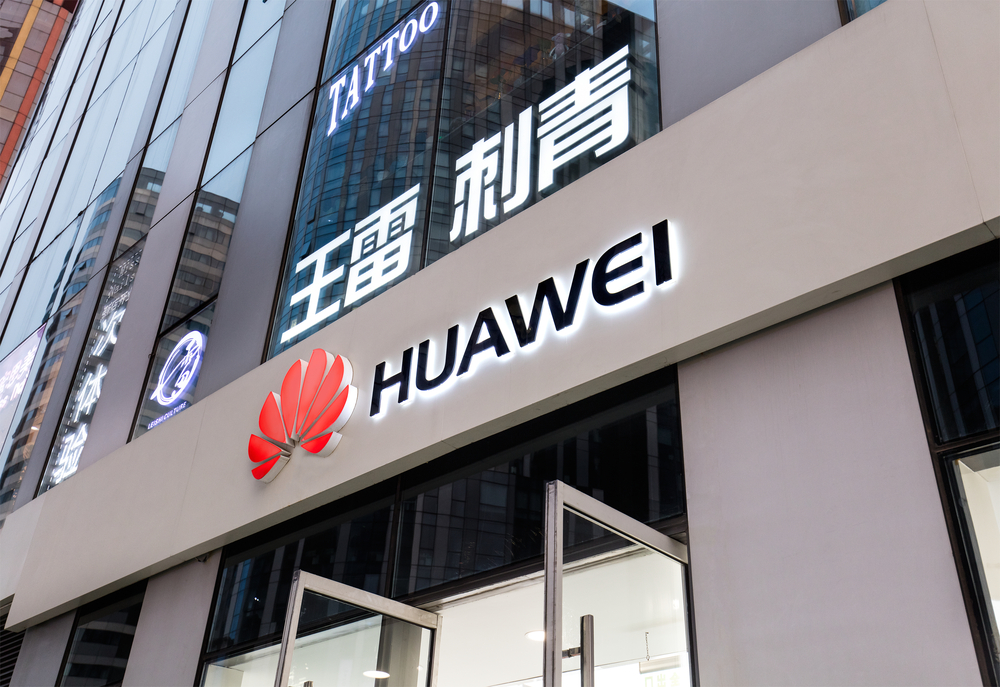US officially designates Huawei and ZTE as national security threats
The FCC ruling means telecoms firms cannot purchase equipment or services from the two Chinese manufacturers


The Federal Communications Commission (FCC) has officially declared that Huawei and ZTE are threats to the USA’s national security, in an escalation in tensions between the US and China.
As a result of deeming the two companies as national security risks, telecoms firms can no longer use money from the FCC’s $83 billion per year Universal Service Fund to purchase equipment from either. This is a pool of corporate subsidies that US telecoms can benefit from when procuring networking equipment.
“With today’s Orders, and based on the overwhelming weight of evidence, the Bureau has designated Huawei and ZTE as national security risks to America’s communications networks - and to our 5G future,” said FCC Chairman Ajit Pai.
“We cannot and will not allow the Chinese Communist Party to exploit network vulnerabilities and compromise our critical communications infrastructure. Today’s action will also protect the FCC’s Universal Service Fund - money that comes from fees paid by American consumers and businesses on their phone bills - from being used to underwrite these suppliers, which threaten our national security.”
The FCC has essentially accused both companies of harbouring ties to the Chinese Communist Party and the military apparatus, with both firms subject to Chinese law obligating them to cooperate with intelligence services.
RELATED RESOURCE

Enhance the safety and security of your people, assets, and operations
Enable a true vision of security with an engineered solution based on hyperconverged and storage platforms
The agency also claims it has taken into account the finding and actions of Congress, the office of the president, the intelligence community, US allies, and telecoms companies based in other countries.
The latest escalation against Huawei and ZTE follows a move by the FCC in November 2019 that banned the use of universal service support to purchase or manage any equipment provided by companies that posed a national security threat.
Get the ITPro daily newsletter
Sign up today and you will receive a free copy of our Future Focus 2025 report - the leading guidance on AI, cybersecurity and other IT challenges as per 700+ senior executives
The agency suggested at the time that Huawei and ZTE are both covered due to the aforementioned reasons, as well as what US authorities have deemed to be known cyber security risks and flaws in hardware.
This is the latest move in a long-running war between the US and China, and could even have implications for the use of Huawei equipment in 5G networks in the UK.
Despite UK officials concluding in January that it was safe to allow Huawei equipment to comprise a limited proportion of 5G networks, the National Cyber Security Centre (NCSC) has been tasked with “re-examining” the Chinese firm’s role.
The prime minister Boris Johnson, moreover, is hoping to phase out Huawei’s involvement by 2023 and look instead to Japanse and South Korean networking companies.

Keumars Afifi-Sabet is a writer and editor that specialises in public sector, cyber security, and cloud computing. He first joined ITPro as a staff writer in April 2018 and eventually became its Features Editor. Although a regular contributor to other tech sites in the past, these days you will find Keumars on LiveScience, where he runs its Technology section.
-
 Bigger salaries, more burnout: Is the CISO role in crisis?
Bigger salaries, more burnout: Is the CISO role in crisis?In-depth CISOs are more stressed than ever before – but why is this and what can be done?
By Kate O'Flaherty Published
-
 Cheap cyber crime kits can be bought on the dark web for less than $25
Cheap cyber crime kits can be bought on the dark web for less than $25News Research from NordVPN shows phishing kits are now widely available on the dark web and via messaging apps like Telegram, and are often selling for less than $25.
By Emma Woollacott Published